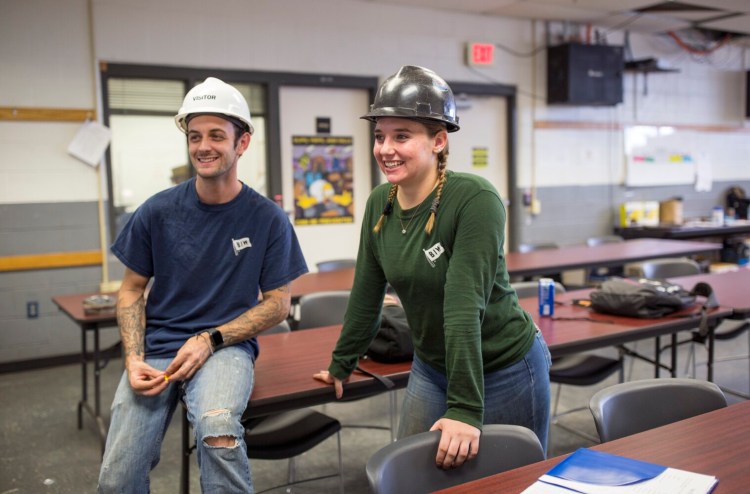I am a proud, lifelong Mainer. I was born in Maine, attended undergraduate and business school in Maine, have built a career in Maine, and will eventually retire in this great state. As both the CEO of one of Maine’s largest companies and as a resident, I worry about the future of Maine’s workforce and economy. By 2025 — just six short years from now — our state will need an estimated 158,000 additional workers with the skills and credentials necessary to fill our state’s job openings, a statistic highlighted in a recent brief written by ReadyNation.
Frankly, this worries me from both a professional and a personal standpoint. It tells me that the issue facing our workforce is urgent, and is one that we must address now by providing our state’s students with the skills, experiences, and qualifications they’ll need to fill these job openings and lead our businesses in the years to come.
One of these qualifications is a high-quality post-secondary degree or credential. Today, 46 percent of Mainers hold a credential — and, while I’ve been proud to see this number climb over the past several years, this figure is still below the national average and too far away from our goal of getting 60 percent of Mainers equipped with such a degree or credential.
Luckily, there are already many initiatives taking place in our state that are aiming to close this workforce skills gap and provide Mainers with the credentials they need to fill our state’s jobs. One shining example is Bridge Academy Maine, a cutting-edge program that blends career and technical education (CTE) with early college experiences that simultaneously prepare our students to succeed in postsecondary and in the workforce.
I had the pleasure of visiting the Lewiston Regional Technical Center (LRTC) recently, a CTE program where Bridge Academy students participate in hands-on technical education and, in many cases, obtain college credit at the same time. They enroll in this program concurrently with their junior or senior year in high school. For many students, including some I had the chance to meet, this means significantly cutting back on the time and expense they will incur when enrolling in postsecondary.
Students in the Bridge Academy program also gain many of the skills they will need to thrive in today’s workforce. Through on-the-job training, they gain the technical skills relevant to a field of interest for them. In addition, students also gain real-world experiences that help them learn how to communicate effectively, how to manage their time, how to think critically, how to problem solve, and how to work collaboratively on a team. All of these are skills that I value in my co-workers at Dead River Company, and that I know many fellow business leaders from Maine value just as highly.
The simple fact is that, from a business perspective, American companies and Maine companies need a prolific feeder system for skilled workers to fill both existing jobs and the jobs of tomorrow. Maintaining and growing that feeder system is absolutely crucial to ensuring that our state’s economy remains competitive.
We must commit to the urgent goal of preparing Maine people to build a talent pool to match employer and employee needs, and thus build a strong economy for years to come.
Deanna Sherman is the president and CEO of Dead River Company, chairwoman of the board of directors for Educate Maine, and a member of ReadyNation.
Send questions/comments to the editors.


